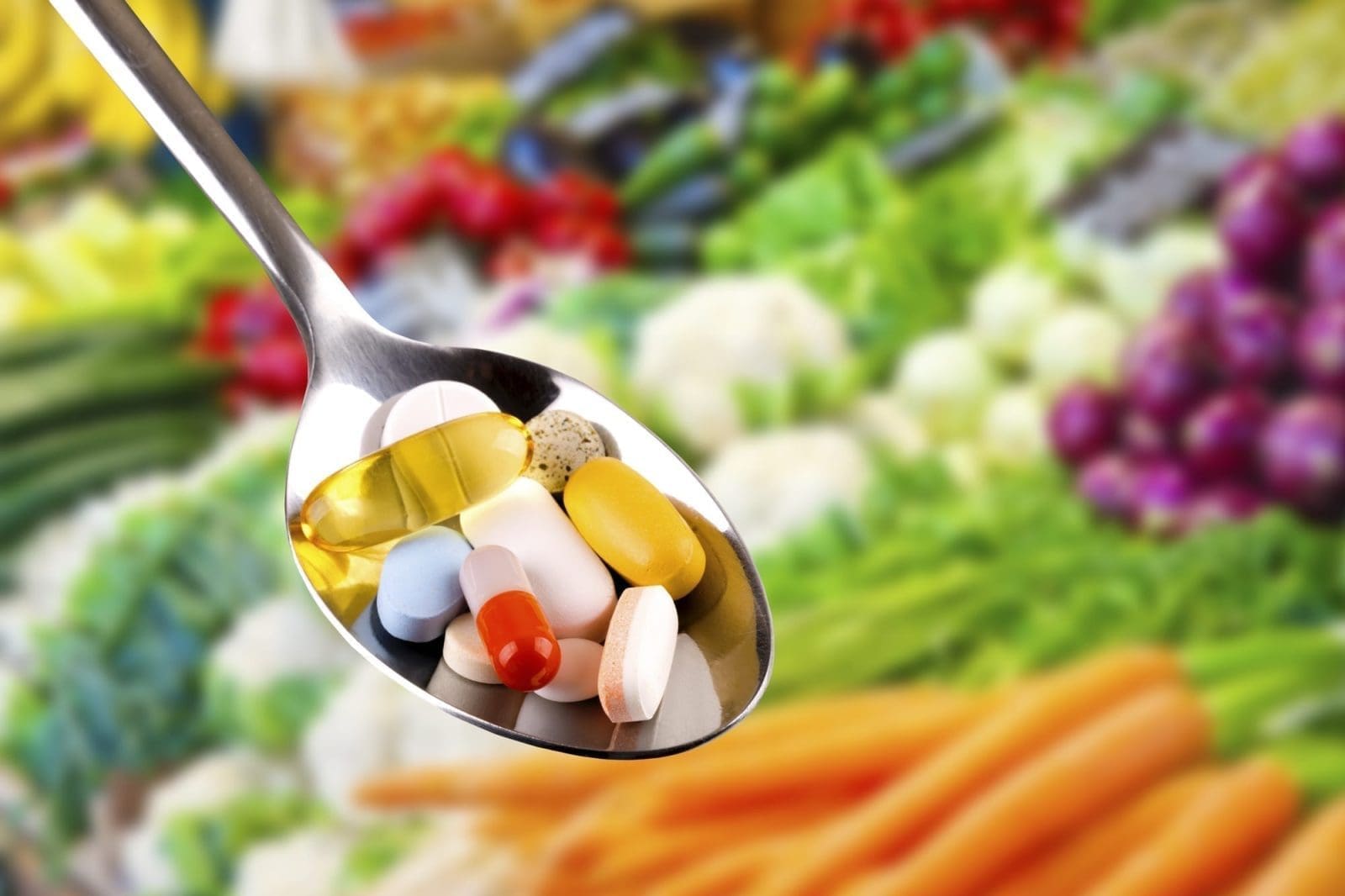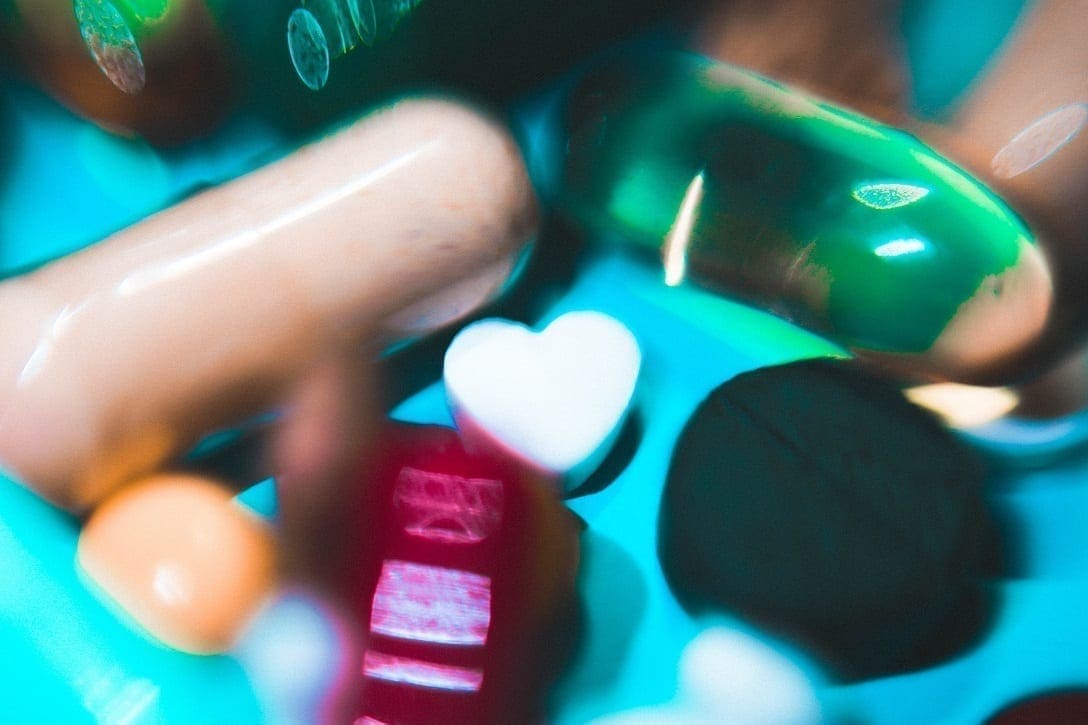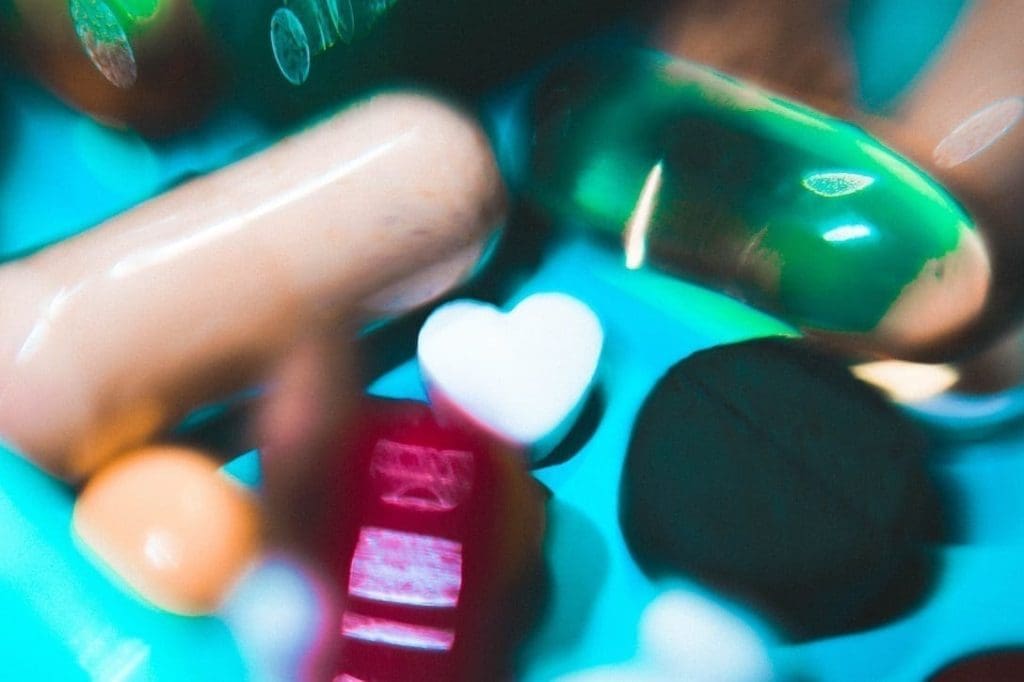There are many benefits to veganism. It can lead to weight loss, better health, and reduce your risk of developing certain illnesses such as heart disease or cancer. And while it can be richer in some nutrients, if not done correctly, it can lead to a deficiency, which then leads to more consequences in the long run. As a vegan yourself, you may be asking what supplements should vegans take? As you want to remain as healthy as possible and make sure you’re feeding your body well. Well, here we bring you a guide of the most important supplements that should be included in a vegan’s diet.
Iron
Iron helps the body to create new blood cells and to carry oxygen throughout the body. A healthy level of iron also helps us to stay energized throughout the day.
Without iron, we would be feeling like the complete opposite: tired and out of breath. If we carry on our day-to-day lives with low levels of iron for a while, it can then lead to anemia which means we wouldn’t be producing enough red blood cells and our lungs wouldn’t be receiving enough oxygen.
A lot of people don’t know this but actually, iron can be found in two forms which are heme and non-heme. Heme iron contributes to 95 percent of the human body’s functions and is also more easily absorbed than non-heme iron. However, heme iron is only found in lean meats, such as beef, pork, or chicken, which is why vegans tend to have lower levels of iron than the average omnivore.
Non-heme can be found in many other kinds of foods such as legumes, spinach, fortified cereals, and seeds. But the body does not easily absorb this kind of iron, which is also another reason why vegans tend to be iron deficient.
Ideally, you want to eat your iron along with foods that are rich in vitamin C. It’ll make it a lot easier for your body to absorb the iron. If you’re not able to increase your amount of iron intake to the recommended amount, supplements should be included in your diet.

Vitamin D
For an average omnivore, taking enough vitamin D can be difficult because not many foods contain enough for the necessary daily intake. For vegans, it is even more difficult because the majority of foods that contain vitamin D are animal-based, such as salmon, egg yolks, sardines, and tuna.
We need vitamin D in order to improve our immune system’s function, as well as maintain a good sense of memory and emotional state of mind. If our vitamin D levels are too low, we run the risk of compromising our immune system, our bone density, or even developing depression and anxiety in the long run, as well as memory problems.
Unless you’re taking a good amount of sun every day, as well as foods that are fortified with vitamin D, taking supplements daily is a good idea.
Vitamin B-12
The health of our nervous system and our protein metabolism depend a lot on the number of vitamin B-12 we’re taking. It also contributes to the prevention of anemia.
Vitamin B-12 is not naturally produced by the human body and people who don’t take enough don’t realize they’re deficient until they start experiencing symptoms such as weakness, strange feelings in your limbs, difficulty in speaking, and fatigue.
For vegans, vitamin B-12 shots will do the job but for those who don’t want to go through the hassle of being injected, a high-dose of vitamin B-12 pills taken daily will help greatly. If not, a good multi-vitamin, such as the one sold by sugarbearhair.com will do the job just fine, if not, better.
Iodine
Iodine is a mineral that you can find in the ocean’s water or even the earth’s soil. Healthy thyroids help to maintain a healthy balance of your hormones. This contributes to your overall body function, keeping it clean and strong when it comes to fighting bacteria, as well as a smooth-running metabolism.
An iodine deficiency can lead to unexpected weight gain, which can be difficult to get rid of, as well as hair loss, dry skin, and fatigue. Vegans run a high risk of iodine deficiency, as most sources come from animal-based foods, mainly shellfish.
One of the foods that contain high levels of iodine is seaweed and dried prunes. Yet, if for some reason these foods are inaccessible in our area or simply are not part of our regular intake, taking supplements is needed. Before doing so, be sure to speak with a doctor. Iodine is one of the top supplements that vegans should take.

Calcium
When we think about foods rich in calcium, the first thing that comes to our minds is how as a kid, our parents made it a priority for us to take a glass of milk every day in order to have strong bones as an adult. They were right.
Calcium helps us to build and maintain strong bones. It also improves the overall health of our nerves and muscles so that they can function properly. For omnivores, we have it a little easier, as calcium is found mostly in dairy products, such as milk, yogurt, and cheese. Unfortunately, vegans have to find other alternatives in order to get their RDA of calcium.
Low levels of calcium lead to low levels of bone mass, making you more prone to bone fractures and ruptures and in the long run, developing osteoporosis. Calcium can be found in bread with fortified flour, soy drinks that contain calcium, and vegetables such as kale or spinach.
Even if you do your best to maintain a good intake of calcium, the RDA varies depending on your health, your sex, and any medications you may be taking on the side. Supplements might be necessary if you think you might need to increase your calcium.
So Then, What Supplements Should Vegans Take?
What supplements should vegans take varies from person to person. Look out for any symptoms that might be indicating some sort of deficiency. Speak with your doctor and get a blood test done if things are still unclear or have not improved after making necessary adjustments to your diet.
All of these vitamins and nutrients are crucial for healthy bodily functions. And in order for us to root the positive benefits of veganism, we must follow a good recommendation of daily intakes of each vitamin, even if it requires taking supplements.
The New Jersey Digest is a new jersey magazine that has chronicled daily life in the Garden State for over 10 years.
- Staffhttps://thedigestonline.com/author/thedigeststaff/
- Staffhttps://thedigestonline.com/author/thedigeststaff/
- Staffhttps://thedigestonline.com/author/thedigeststaff/
- Staffhttps://thedigestonline.com/author/thedigeststaff/


